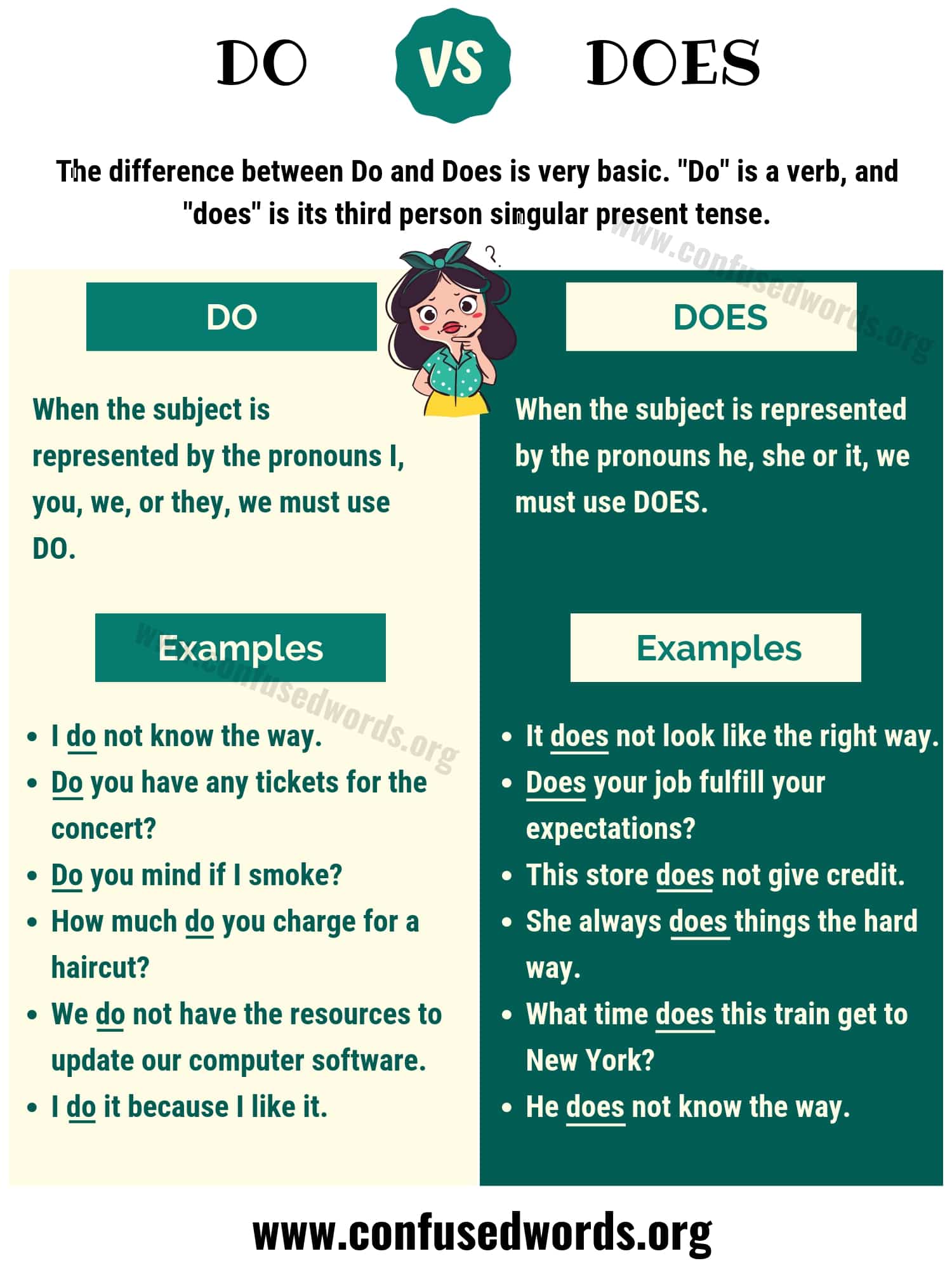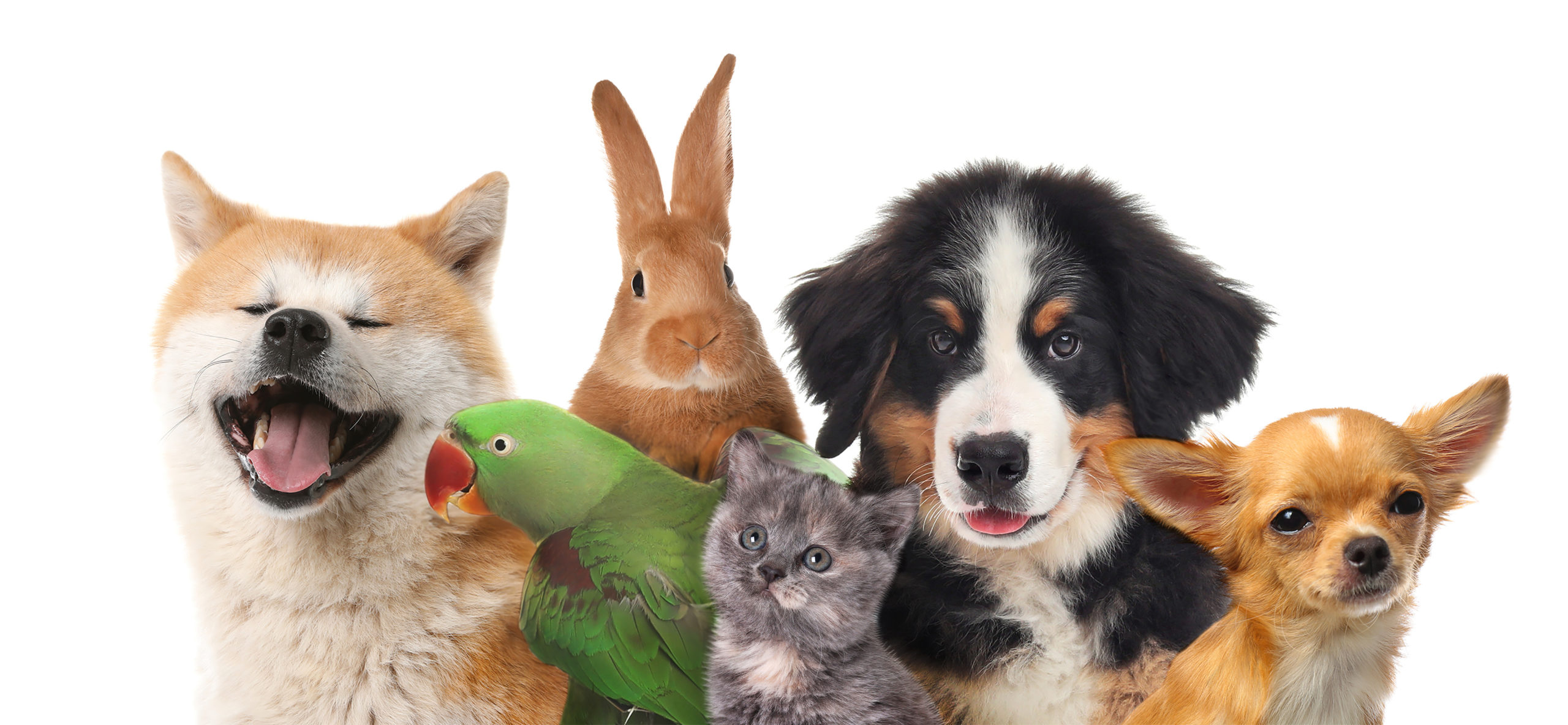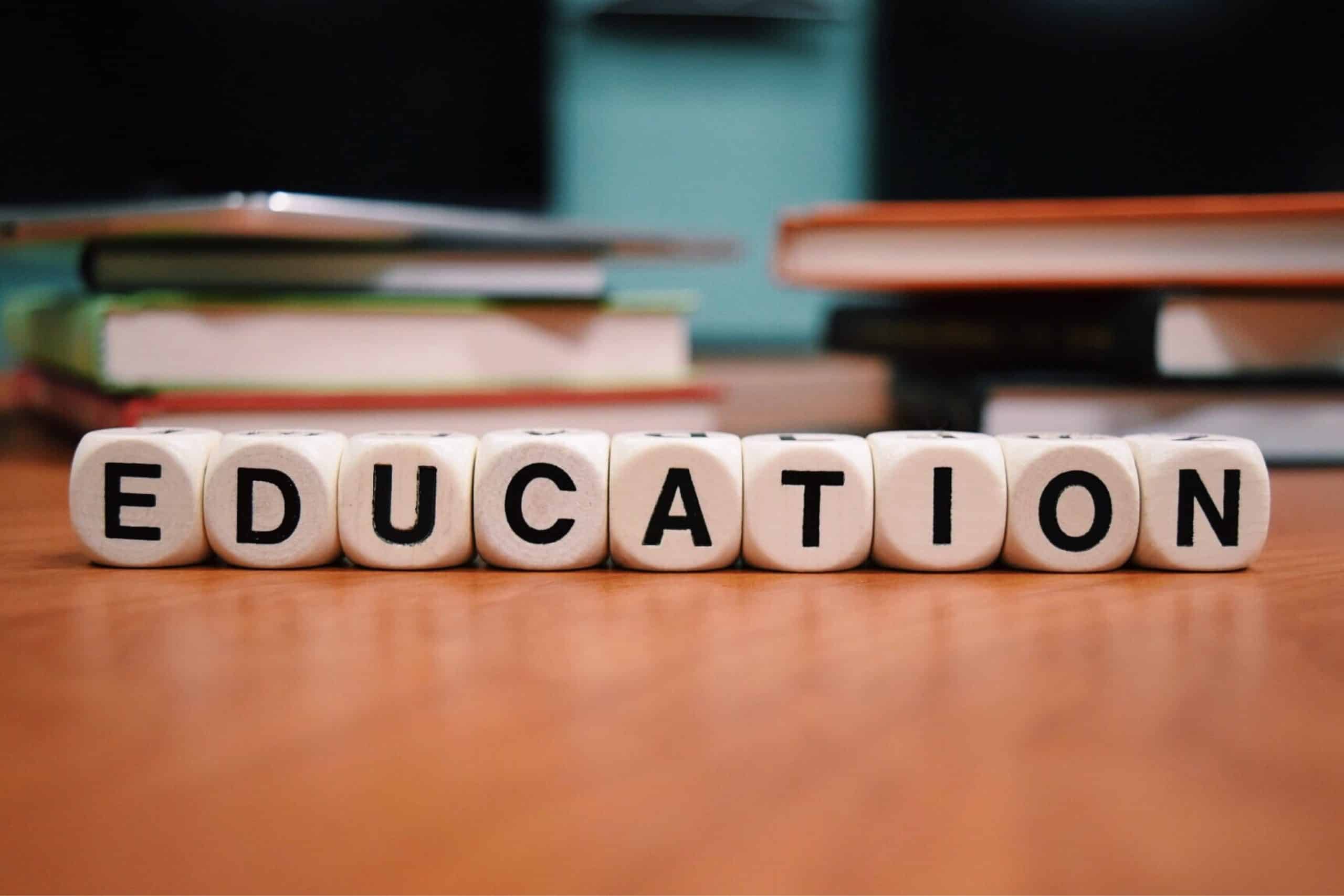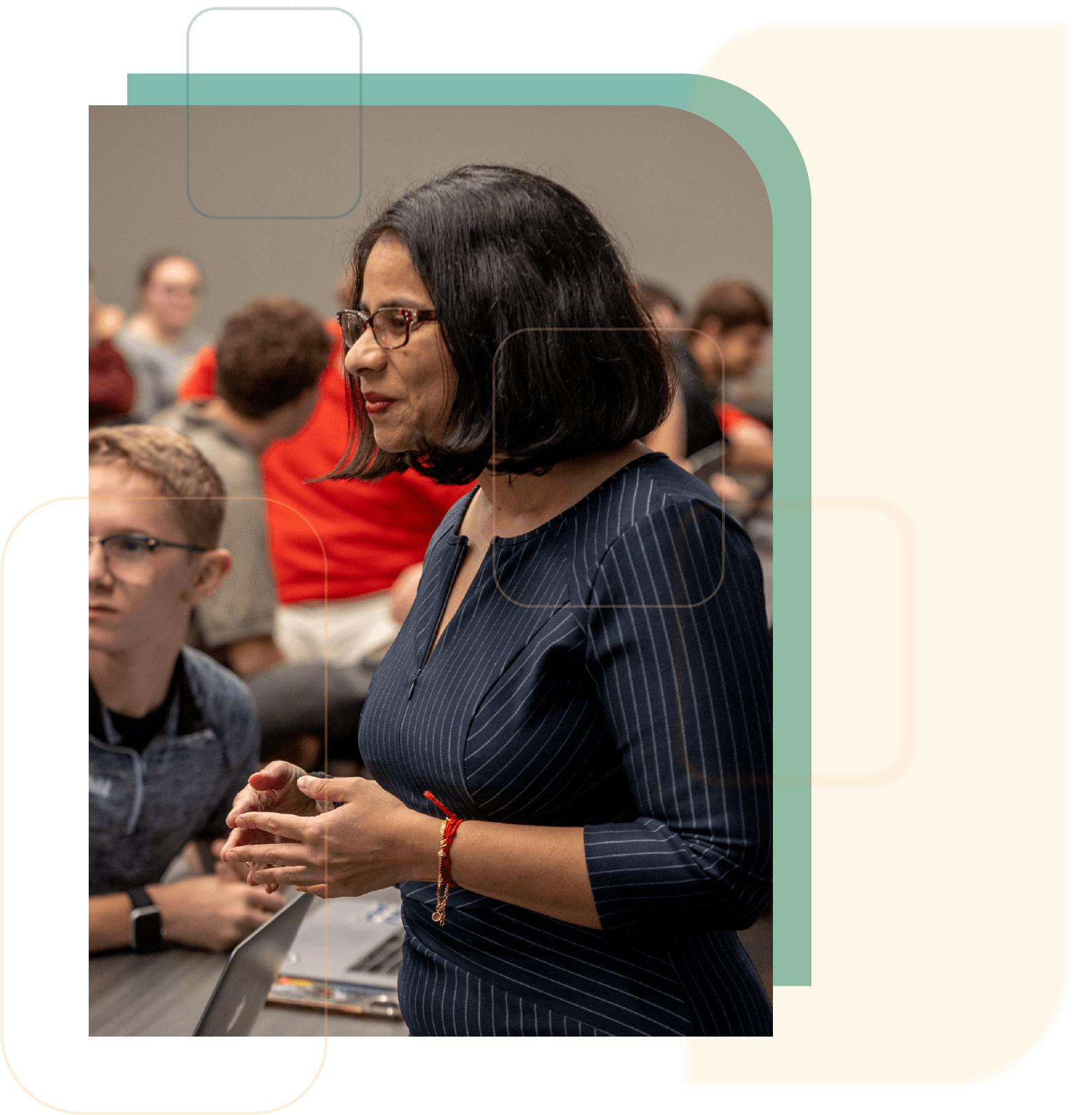Ensuring Skill Generalization: Strategies to Transfer Learning Across Environments
Introduction: The Importance of Skill Generalization
Successfully learning a skill in one environment is a major achievement. However, the true measure of mastery is the ability to apply that skill across various settings, people, and situations. This process, known as generalization , is essential for meaningful growth and independence-especially in educational, therapeutic, or workplace contexts. Without effective generalization, skills often remain isolated and fail to impact daily life or long-term goals. This article provides actionable strategies, real-world examples, and comprehensive guidance to ensure skills learned in one environment can be transferred and sustained in others.
What Is Skill Generalization?
Generalization is the ability to transfer learned skills or behaviors from the original teaching environment to new settings, situations, or with different people . For instance, a child who learns to greet a teacher during therapy should also be able to greet classmates at school or neighbors at home. Generalization is crucial in fields such as Applied Behavior Analysis (ABA), special education, and workforce development, as it promotes independence and functional adaptability in real-world situations [1] , [2] , [3] .
Why Does Generalization Matter?
Without generalization, learned skills may remain context-bound and fail to benefit the learner in daily life. For example, an employee who learns a customer service protocol in a training room may struggle to implement it on the sales floor unless the skill is generalized. In therapy, a child who can identify colors with a therapist may not demonstrate the same ability at home or in the community. Effective generalization ensures skills are durable, functional, and contribute to long-term success and independence [2] , [5] .
Types of Generalization
- Stimulus Generalization: Applying the skill in response to different but similar stimuli (e.g., saying “hello” to various people, not just the therapist).
- Response Generalization: Using different but related behaviors to achieve the same outcome (e.g., asking for help verbally or with a gesture).
- Maintenance: Retaining and using skills over time, even after instruction has ended (e.g., continuing to use a learned strategy weeks after training).
Fostering each type supports robust, long-lasting learning [2] .
Proven Strategies to Ensure Skill Generalization
1. Teach Across Multiple Settings
The most effective way to promote generalization is by practicing skills in a variety of environments. For example, if a student learns problem-solving strategies in the classroom, they should also practice at home, in extracurricular activities, and in social settings. This approach helps learners adapt to different cues and expectations, making the skill more flexible and accessible [1] , [3] .
Implementation Steps:
- Identify key environments where the skill is relevant (e.g., school, home, community).
- Design practice opportunities in each setting, adjusting tasks as needed.
- Document progress to monitor which environments require more support.
Example:
A child learning to request help should practice with teachers at school, parents at home, and community helpers in public places.
2. Involve Different People
Generalization improves when the learner practices skills with a variety of individuals, not just the original instructor. This could include peers, family members, supervisors, or community members. Involving different people helps the learner adapt to various communication styles and expectations [2] , [4] .
Implementation Steps:
- Invite caregivers, colleagues, or peers to participate in practice sessions.
- Rotate the people involved in skill instruction and reinforcement.
- Provide guidance to ensure consistency in expectations and feedback.
Example:
A new hire in a workplace can practice customer service scripts with different team members during training to build adaptability.

Source: wikihow.life
3. Vary Instructional Cues and Materials
Rigid repetition can limit generalization. Instead, vary the prompts, materials, and instructions. For example, if teaching math concepts, use different types of problems and real-life applications. In therapy, change the location, toys, or activities used to teach the skill [1] .
Implementation Steps:
- Change the way instructions are delivered (verbal, written, visual cues).
- Use diverse materials that reflect real-world applications.
- Gradually increase complexity to challenge the learner’s adaptability.
Example:
A student learning to read should practice with books, digital texts, and signs in the community.
4. Incorporate Naturalistic Teaching and Incidental Learning
Naturalistic teaching involves embedding skill practice into daily routines and real-life situations. This could mean practicing conversational skills during family meals or encouraging independent problem-solving during errands. Such approaches increase the relevance and durability of skills [1] .
Implementation Steps:
- Identify daily routines where the skill can be practiced naturally.
- Prompt or reinforce the skill as it arises organically.
- Gradually fade prompts to increase independence.
Example:
Encourage a child to use social greetings with neighbors during routine walks rather than only during therapy sessions.
5. Provide Consistent Reinforcement Across Contexts
Reinforcing successful use of the skill in various environments helps motivate the learner to apply it broadly. Consistent, meaningful reinforcement-such as praise, rewards, or privileges-should occur whenever the skill is demonstrated outside the original setting [1] .
Implementation Steps:
- Define clear, positive reinforcers that are meaningful across settings.
- Train caregivers or supervisors to recognize and reinforce the target skill.
- Adjust reinforcement as mastery improves to maintain motivation.
Example:
If a student independently asks for help in class, teachers and parents should both acknowledge and reward this behavior.
6. Collaborate with Caregivers and Stakeholders
Generalization is most effective when everyone involved in the learner’s environment works together. Collaboration ensures consistency in expectations, reinforcement, and opportunities for practice. For children, engaging parents and caregivers is especially important in extending learning beyond structured sessions [2] .
Implementation Steps:
- Share progress and strategies with all stakeholders (family, educators, therapists).
- Provide training or resources for at-home or on-the-job practice.
- Encourage open communication to address challenges and celebrate successes.
Example:
Parents can reinforce therapy goals at home using strategies provided by a child’s ABA therapist.
Overcoming Challenges in Generalization
Some common barriers to skill generalization include limited opportunities for practice, inconsistent reinforcement, and high dependence on specific cues or people. To address these challenges, increase the variety of practice scenarios, ensure all stakeholders provide similar feedback, and gradually reduce prompts. If progress stalls, consult with a qualified professional such as a Board Certified Behavior Analyst (BCBA) or educational consultant for tailored support. Search for professionals through established directories or by contacting your local school district or healthcare provider.

Source: wikihow.life
Alternative Approaches and Additional Considerations
While the strategies above are widely supported, alternative methods may also help. These include role-playing, video modeling, and the use of technology-assisted instruction. Technology can facilitate practice in simulated environments or connect learners with remote coaches. However, ensure that any new approach is evidence-based and adapted to the learner’s unique needs. For specialized populations or significant barriers, individualized intervention plans developed by licensed professionals are recommended.
How to Access Support and Resources
If you need assistance implementing these strategies, consider the following steps:
- Contact your local school’s special education department for guidance on generalization strategies and support services.
- Consult with a Board Certified Behavior Analyst (BCBA) for professional assessment and intervention planning. You can find certified professionals by searching for “Behavior Analyst Certification Board” and using their provider directory.
- Seek out community organizations focused on education, workforce development, or disability services. They often offer training, workshops, and parent/caregiver support groups.
- For workplace settings, reach out to your company’s Human Resources or Learning & Development department for resources on skill transfer and ongoing training.
If you are unsure where to begin, search for “generalization strategies in [your setting]” and review materials from reputable sources such as universities, government agencies, or major professional organizations. Always confirm the credibility of the resource before relying on its information.
Key Takeaways
- Generalization is essential for ensuring that learned skills are meaningful and functional across real-life contexts.
- Effective strategies include practicing across settings and people, varying cues and materials, embedding skills in daily routines, and providing consistent reinforcement.
- Collaboration with caregivers, educators, and other stakeholders strengthens generalization efforts.
- When in doubt, seek support from certified professionals or trusted organizations, and always verify resources before use.
References
[1] ABA Enhancement (2024). Bridging Progress: Strategies for Generalizing ABA Skills Across Settings.
[2] Heartwise Support (2025). Applied Behavior Analysis and Skill Generalization.
[3] Rori Care (2024). What is Generalization Across Settings?
[4] Golden Steps ABA (2024). ABA Therapy and Generalization Skills.
[5] Total Care ABA (2025). How ABA Therapy Teaches Children to Generalize Skills Across Environments.
MORE FROM 9scholarships.de













